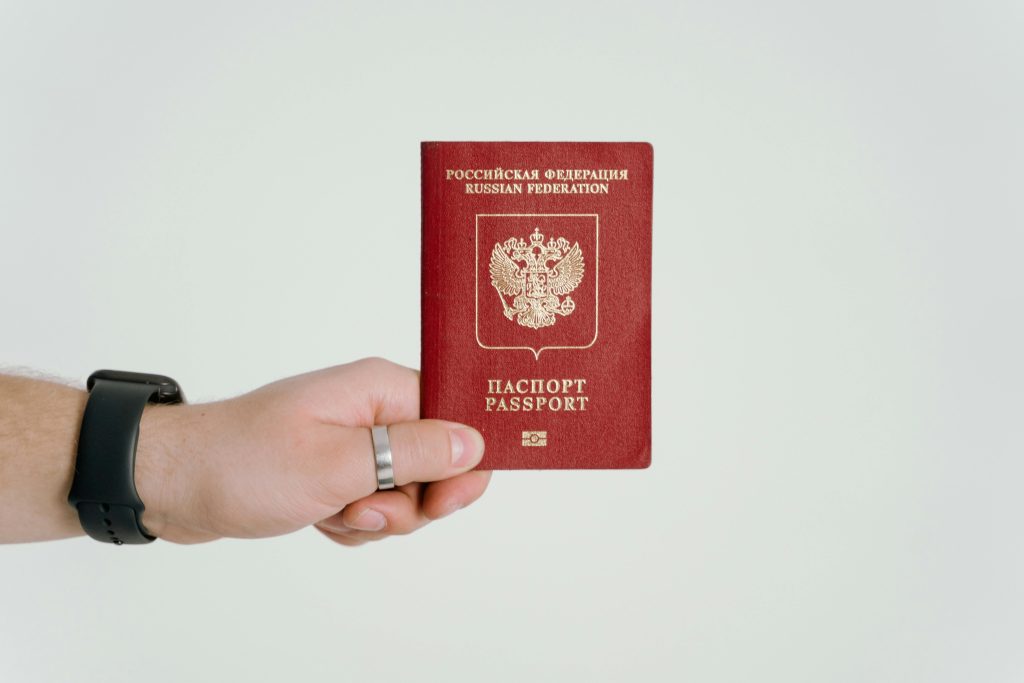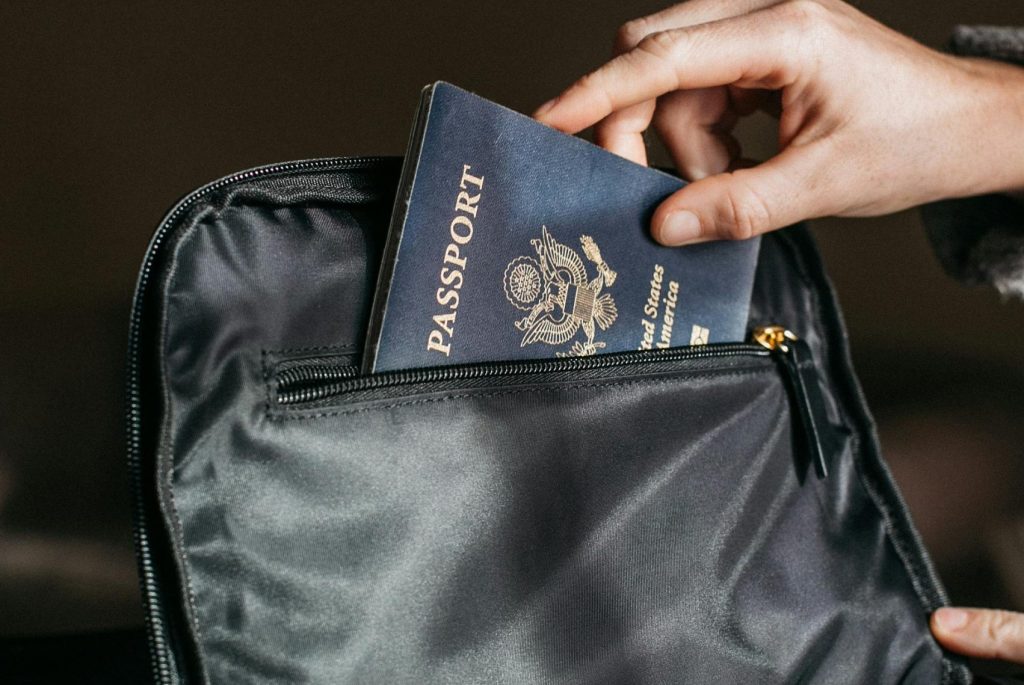1. Introduction
Asylum seekers looking to enter Europe in 2024 face a complex landscape of visa requirements and immigration policies. Understanding these requirements is crucial for those fleeing persecution and seeking protection in Europe. While the asylum process itself does not typically require a visa, the methods of entry and initial steps can vary significantly depending on the country and specific circumstances.
2. Entry Without a Visa
Many asylum seekers enter European countries without a visa, especially if they arrive irregularly via land or sea routes. Under the Dublin Regulation, asylum seekers are generally required to apply for asylum in the first EU country they enter. This regulation often applies to those who cross borders without formal documentation, making the initial entry without a visa a common scenario.
3. Visa Entry for Asylum Seekers
In some cases, asylum seekers may enter Europe with a valid visa, such as a tourist or student visa. Upon arrival, they can then declare their intention to seek asylum. While this method provides a more straightforward entry process, it is less common due to the challenges of obtaining visas from countries in crisis.
4. Humanitarian Visas

Some European countries offer humanitarian visas, which allow individuals from conflict zones or areas experiencing severe persecution to travel legally to Europe to seek asylum. These visas are typically granted under stringent criteria and require thorough vetting. Countries like Italy and France have previously issued humanitarian visas, though availability and policies may vary in 2024.
5. Transit Visas
Asylum seekers who transit through multiple countries before reaching their destination may require transit visas. These visas permit short stays in transit countries en route to the final destination. The requirements for transit visas depend on the specific countries involved and the overall travel route.
6. Visa Waivers and Exemptions
Certain nationalities benefit from visa waiver agreements with European countries, allowing short stays (usually up to 90 days) without a visa. During this period, individuals can apply for asylum if necessary. However, these agreements are specific to individual countries and should be checked before travel.
7. Documentation and Proof

Regardless of the method of entry, asylum seekers need to present valid travel documents, if available, and any evidence supporting their need for asylum. This can include passports, identification cards, visas, and documentation proving persecution or threats in their home country. Proper documentation can significantly impact the success of an asylum claim.
8. Legal Framework and Procedures
The legal framework governing visa requirements and asylum processes is grounded in international law, particularly the 1951 Refugee Convention and its 1967 Protocol. Each European country has its own procedures and requirements, making it essential for asylum seekers to understand the specific regulations of the country where they intend to apply for asylum.
9. Challenges and Obstacles
Asylum seekers often face numerous challenges and obstacles related to visa requirements. These can include navigating complex legal procedures, dealing with bureaucratic delays, and facing the risk of detention or deportation. Additionally, the political climate in some European countries can influence visa policies and the overall asylum process, potentially making it more difficult for individuals to seek protection. To Learn More visit “Expected Timeframe for Asylum Applications in Europe”
10. Conclusion
The visa requirements for asylum seekers in Europe in 2024 reflect a multifaceted and dynamic system influenced by international laws, national policies, and individual circumstances. Understanding these requirements is essential for those seeking refuge from persecution and conflict.
By staying informed and seeking legal assistance, asylum seekers can better navigate the complexities of the European immigration system and increase their chances of obtaining the protection they need.
Kindly drop your comment and question in the comment box below, I will shortly attend to you.
Thanks

